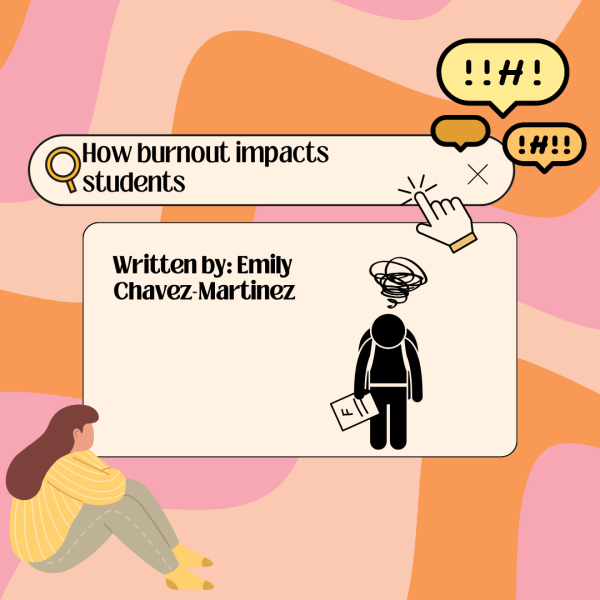How to Write an Essay
Tips and tricks on how to write an engaging, professional essay.
There are numerous factors to fret about while drafting an essay: does it sound professional? Is the question posed answered in full? Are the grammatical techniques utilized within the essay used correctly? What about the spelling? These questions can easily stack upon one another, gradually overwhelming many who are trying to write their essay. Thus, this article will cover a few tricks on how to craft an essay with efficiency while still keeping the same scholarly tone.
The General Steps:
1) Understand the Prompt
To get anywhere with writing the essay, you first must understand what you are being asked to do. Take note of the type of essay you are being asked to write, the length requirement, the proper format to structure it around, and that you fully comprehend the entirety of the prompt posed (University of the People).
2) Prepare your Citations
Whether your essay is based on a book or research, always cite your sources or quotations in the correct format. Pay close attention to what the prompt asks: do you have to embed the quote? Or can you introduce it in a different manner? This seemingly minor detail can easily influence your quality of writing (International Student).
3) Follow an Outline
Having an outline can make writing a final draft much easier when you move on to that step, as you have all your information compiled in front of you, and you can merely transfer and elaborate on the points (Become a Writer Today).
4) Use Strong Vocabulary
When you finish drafting your essay, try to go back through and replace weaker words with stronger synonyms. For example, to replace the word “huge,” you can look for synonyms of the word, in which it can be replaced with “enormous” or “vast.”
5) Don’t Write the Essay in One Sitting
Most of the time, if you rush your work, it comes out jumbled and at times difficult to read. To ensure the best possible piece, start early and take it slow. Perhaps you can do a paragraph a day? Or two per day? The choice is yours, but never save the essay for the last minute (Grammarly).
6) Make the Thesis First, and Do the Introduction Last
Making a thesis that encapsulates everything can be quite difficult, but when you finish it, it can make creating the body paragraphs much easier. This can expedite the writing process, saving you plenty of time to finish the introduction. Frankly, the hardest part of an essay is starting it, so when you have your thoughts flowing and the content of the piece laid out before you, it can make it a bit easier to make an attention-grabbing hook and elaborate on it (University of the People) (International Student).
7) When Finished, Read it Out Loud
As strange as this sounds, when writing, you use a different portion of your brain than when you speak. The Broca’s area oversees the writing, whilst the Wernicke’s area oversees speaking, but both are in the left hemisphere of your brain. Thus, when you begin to skim through the essay while reading it aloud, you will be able to catch more grammatical errors than you would if you merely read it over (University of Waterloo).
Concluding Thoughts
With these tips stated, hopefully students at Dakota who read this article will keep them in mind while writing their next essay, especially with midterms approaching in late January. But I digress, even if Edward Bulwer-Lytton stated “The pen is mightier than the sword,” the skill of the one holding the pen is imperative towards the quality of work produced.
Note: Another excellent source is Purdue Owl, which stems from Purdue University. This website is also quite beneficial towards the topics stated above, as they cover the basics on MLA formatting, plagiarism, resumes, and so on.
Your donation will support the student journalists of Dakota High School. Your contribution will allow us to purchase equipment and cover our annual website hosting costs.

Jade Lilly is a senior at Dakota High School. This is her first year writing for the Dakota Planet, but she has plenty of experience towards writing professional...










